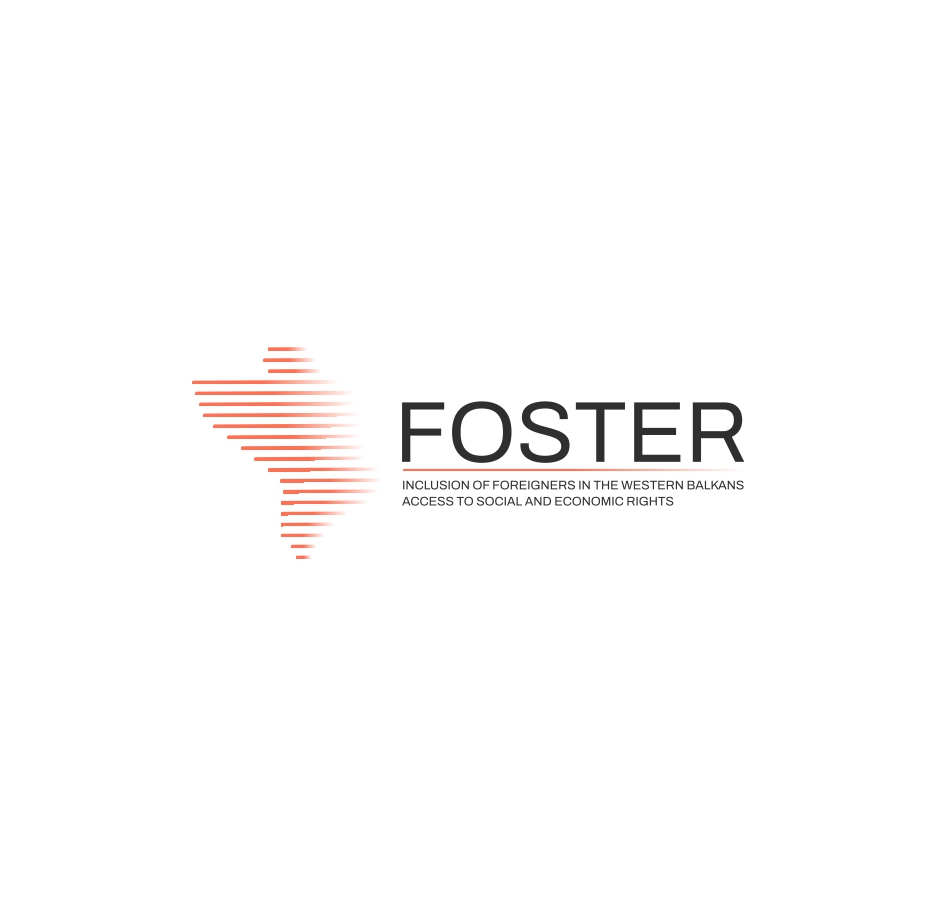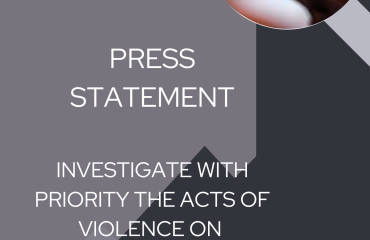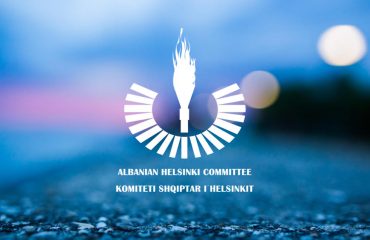Albania has made notable efforts to align its legal framework with international human rights standards for migrants. However, several gaps in implementation continue to hinder access to essential services for migrants, refugees, and asylum seekers. This brief highlights the primary issues and offers recommendations to ensure that migrants in Albania can fully exercise their rights.
Key Findings
Legal Framework: Albania’s Constitution and laws provide for the protection of migrants’ rights, and the country is a signatory to key international treaties. However, implementation is inconsistent, with challenges in translating legal provisions into practice.
Residence Permits and Work Access: Migrants face administrative hurdles and delays in obtaining residence permits, which restrict their access to employment and essential services. While work permits are available for asylum seekers after nine months, bureaucratic barriers often impede their ability to enter the labor market.
Access to Services: Vulnerable groups, including asylum seekers and irregular migrants, face significant challenges in accessing housing, healthcare, and education. Language barriers, limited resources, and insufficient institutional coordination exacerbate these difficulties.
Key Challenges
Administrative Delays: Lengthy and complex processes prevent migrants from timely access to permits and services.
Institutional Weaknesses: Under-resourced institutions struggle to coordinate and deliver services effectively, creating gaps in support for migrants.
Barriers for Vulnerable Groups: Specific groups, such as women, children, and victims of trafficking, face additional obstacles due to a lack of targeted programs and protections.
Recommendations
Strengthen Institutional Capacities: Enhance coordination and resources for institutions responsible for migrant services.
Simplify Administrative Procedures: Streamline the processes for issuing residence and work permits to reduce waiting times and bureaucratic hurdles.
Enhance Support for Vulnerable Groups: Develop programs tailored to the needs of specific groups, including victims of trafficking, children, and irregular migrants, ensuring access to housing, healthcare, and education.
Promote Social Integration: Invest in language training, employment programs, and cultural orientation to support migrants’ integration into Albanian society.
Conclusion
While Albania’s legal framework is aligned with international standards, gaps in implementation undermine the rights and well-being of migrants. Addressing institutional weaknesses, simplifying administrative processes, and enhancing targeted programs will be essential to ensure that all migrants in Albania can fully enjoy their socio-economic rights.






